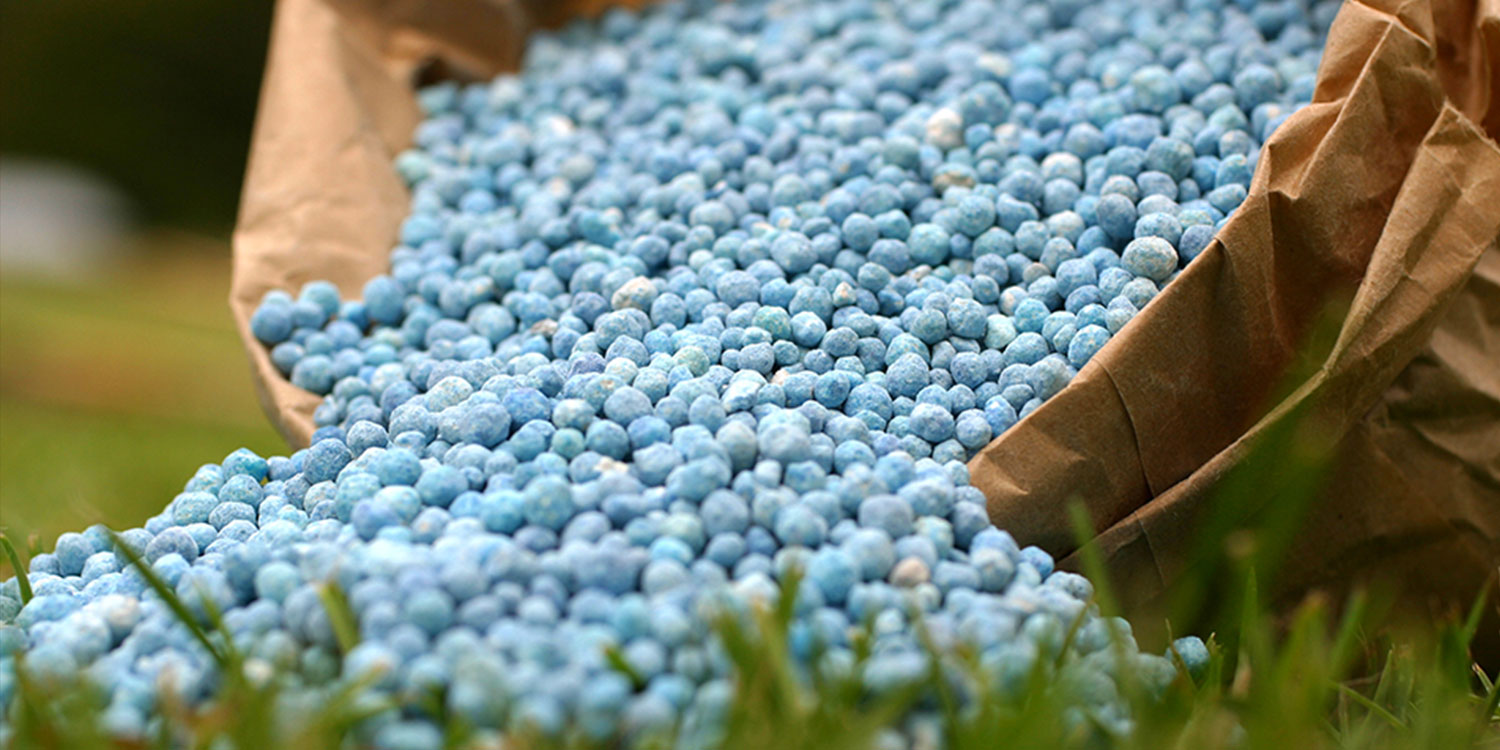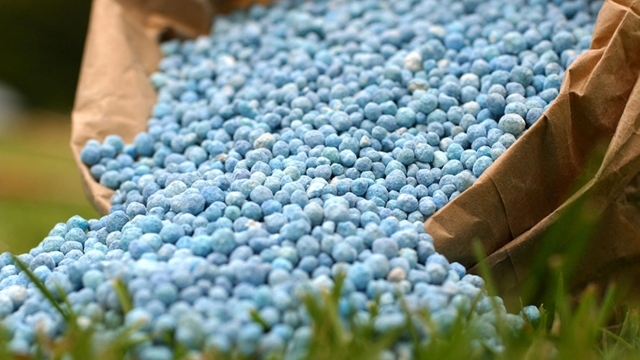Are you looking to create a beautiful and thriving garden? Look no further than the power of organic fertilizers. These nutrient-rich substances derived from natural sources, such as plants and animals, offer a sustainable and environmentally-friendly way to nurture your plants and promote healthy soil. By nourishing your garden with organic fertilizers, you can create a thriving ecosystem that benefits not only your plants but also the surrounding environment.
Kellogg Garden Products, a reputable family-owned company with a rich history spanning four generations, understands the importance of organic fertilizers in gardening. With their deep-rooted expertise and commitment to sustainability, they have become a trusted name in the industry. Embracing the power of nature, their organic fertilizers are carefully crafted to provide your plants with essential nutrients while maintaining the overall health and balance of the soil. With Kellogg’s products, you can rest assured that you are making a positive impact on your garden and the planet.
Benefits of Organic Fertilizers
Organic fertilizers offer a multitude of advantages for gardeners and farmers alike. These natural products, such as compost, manure, and bone meal, provide essential nutrients to the soil, promoting the growth of healthy plants and vibrant crops. Unlike synthetic fertilizers that rely on chemicals, organic fertilizers nourish the soil ecosystem, fostering long-term soil fertility and sustainability.
One of the key benefits of organic fertilizers is their ability to improve soil structure and fertility. By adding organic matter to the soil, these fertilizers enhance its water-holding capacity, aeration, and nutrient retention. This ultimately leads to healthier root systems and increased microbial activity, promoting the overall health of the plant and its ability to withstand stressors such as drought or disease.
Another advantage of using organic fertilizers is their long-lasting effect. While synthetic fertilizers provide an immediate nutrient boost, organic fertilizers release nutrients slowly over time, ensuring a steady supply of nourishment for growing plants. This gradual release also helps prevent nutrient runoff, minimizing the environmental impact on nearby water bodies and ecosystems.
Furthermore, organic fertilizers contribute to the development of organic soil. As these fertilizers decompose, they enrich the soil with organic matter, creating a fertile and biologically active environment. The continuous addition of organic matter through the use of organic fertilizers improves soil health, increases biodiversity, and enhances the overall productivity of the land.
In summary, organic fertilizers offer several benefits that far surpass those of synthetic alternatives. Improved soil structure and fertility, long-lasting nutrient release, and the development of organic soil are just a few of the advantages bestowed by these natural fertilizers. Incorporating organic fertilizers into gardening and farming practices can lead to healthier plants, more sustainable agriculture, and a more ecologically balanced environment.
Kellogg Garden Products: A Legacy of Quality
Since its inception, Kellogg Garden Products has carved a name for itself as a trusted leader in the world of organic fertilizers and soil. As a family-owned and operated company, Kellogg Garden Products has deep-rooted values that have spanned four generations. With a commitment to providing quality organic products, they have become a go-to choice for gardeners seeking sustainable and natural solutions.
One of the distinguishing factors of Kellogg Garden Products is their unwavering dedication to organic soil. Understanding that healthy plants start with healthy soil, they have formulated their fertilizers and soil amendments to enrich and nourish the earth. By using organic matter, such as composted forest products and poultry manure, Kellogg Garden Products creates a nutrient-rich base that fosters optimal plant growth.
Kellogg Garden Products’ organic fertilizers stand apart from their competitors due to their meticulous attention to quality. Every batch undergoes rigorous testing to ensure that it meets the highest standards. With a focus on natural ingredients and sustainable practices, their fertilizers provide a safe and effective way to enhance plant growth without harming the environment.
With its rich history and commitment to sustainable gardening practices, Kellogg Garden Products continues to inspire gardeners with its range of high-quality organic fertilizers. As they stay true to their roots, this family-owned company remains at the forefront of the industry, empowering gardeners to unleash the power of organic fertilizers and nurture their gardens with nature.
Tips for Using Organic Fertilizers
-
Start with Healthy Soil: Before applying organic fertilizers, it is crucial to ensure that your soil is healthy and well-nourished. Organic fertilizers work best when the soil has a good balance of nutrients and a thriving ecosystem of beneficial microorganisms. Test your soil regularly to determine its pH level and nutrient content, and amend it as needed to create an optimal environment for your plants.
-
Follow Application Instructions: Each organic fertilizer may have different application instructions, so it’s important to read and follow the label carefully. Some organic fertilizers are slow-release, while others need to be reapplied more frequently. Pay attention to the recommended dosage and timing to avoid over-fertilizing your plants, which can lead to nutrient imbalances and potential harm to your garden.
-
Consider Composting: Composting is an excellent way to create your own organic fertilizer. By composting kitchen scraps, yard waste, and other organic materials, you can produce nutrient-rich compost that can be added to your soil. This not only helps reduce waste but also improves soil fertility naturally. Remember to maintain the right balance of brown (carbon-rich) and green (nitrogen-rich) materials in your compost pile to speed up the decomposition process.
By following these tips, you can harness the power of organic fertilizers effectively and promote a healthier and more sustainable garden. Remember, organic fertilizers not only nourish your plants but also contribute to the overall health of your soil and the ecosystem it supports.

